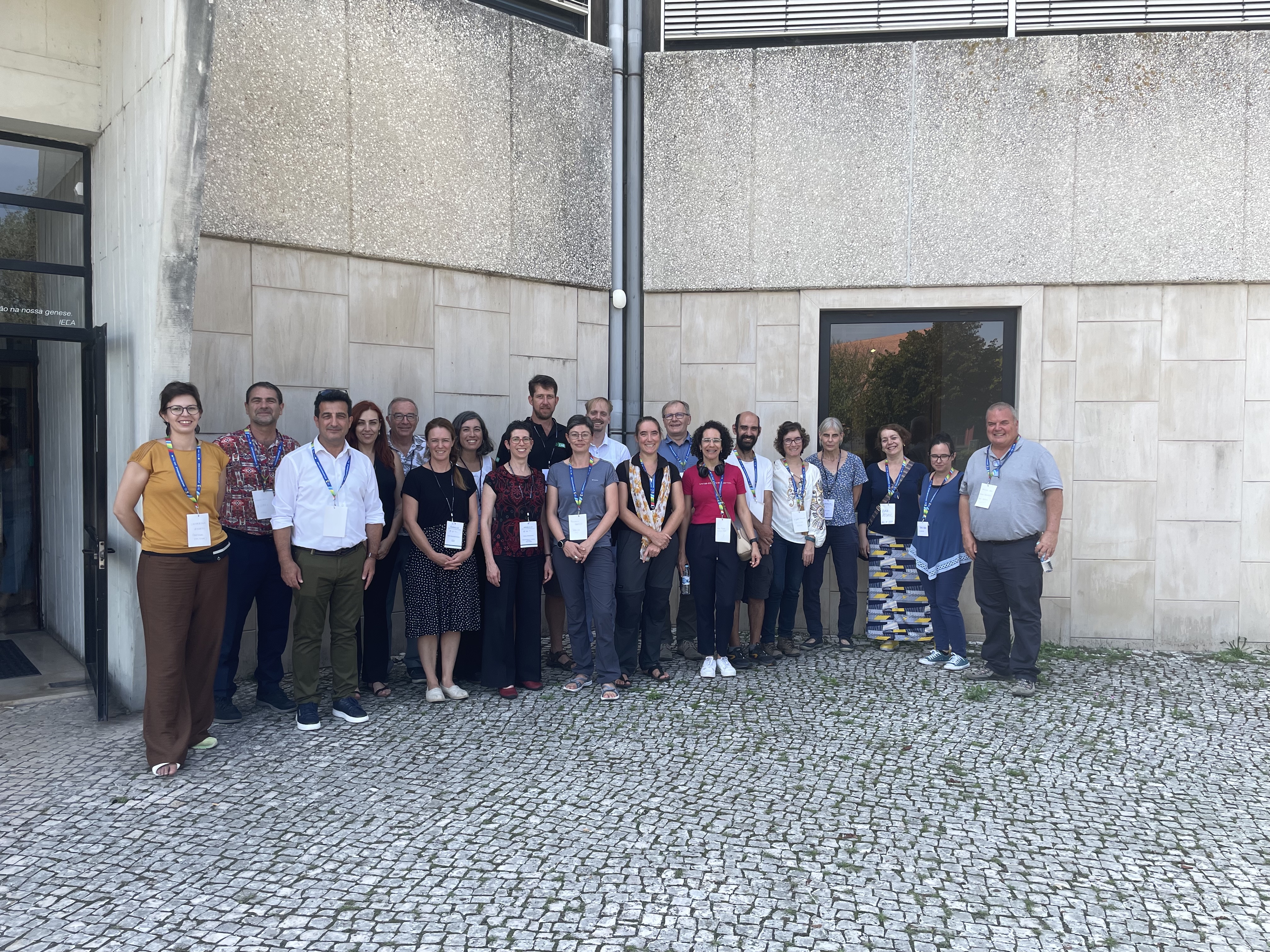Our Working Groups
- Biological Control
- Education and training
- Herbicide Resistance
- Invasive Alien Plants
- Physical and Cultural Weed Control
- Precision Weed Management
- Soil Seed Bank, Germination and Early Growth
- Sustainable Use of Herbicides
- Weed Management in Mediterranean Cropping Systems
- Weed Vegetation and Biodiversity
Education and training
The WG Education and Training aims to increase interaction and knowledge dissemination between the different members of the EWRS. By providing training courses and workshops in different fields of weed science, the WG aims to cover a broad range of topics ranging from theoretical courses to practical trainings in the field. This offered activities focus on participants from weed science as well as crop science, plant science and ecology.
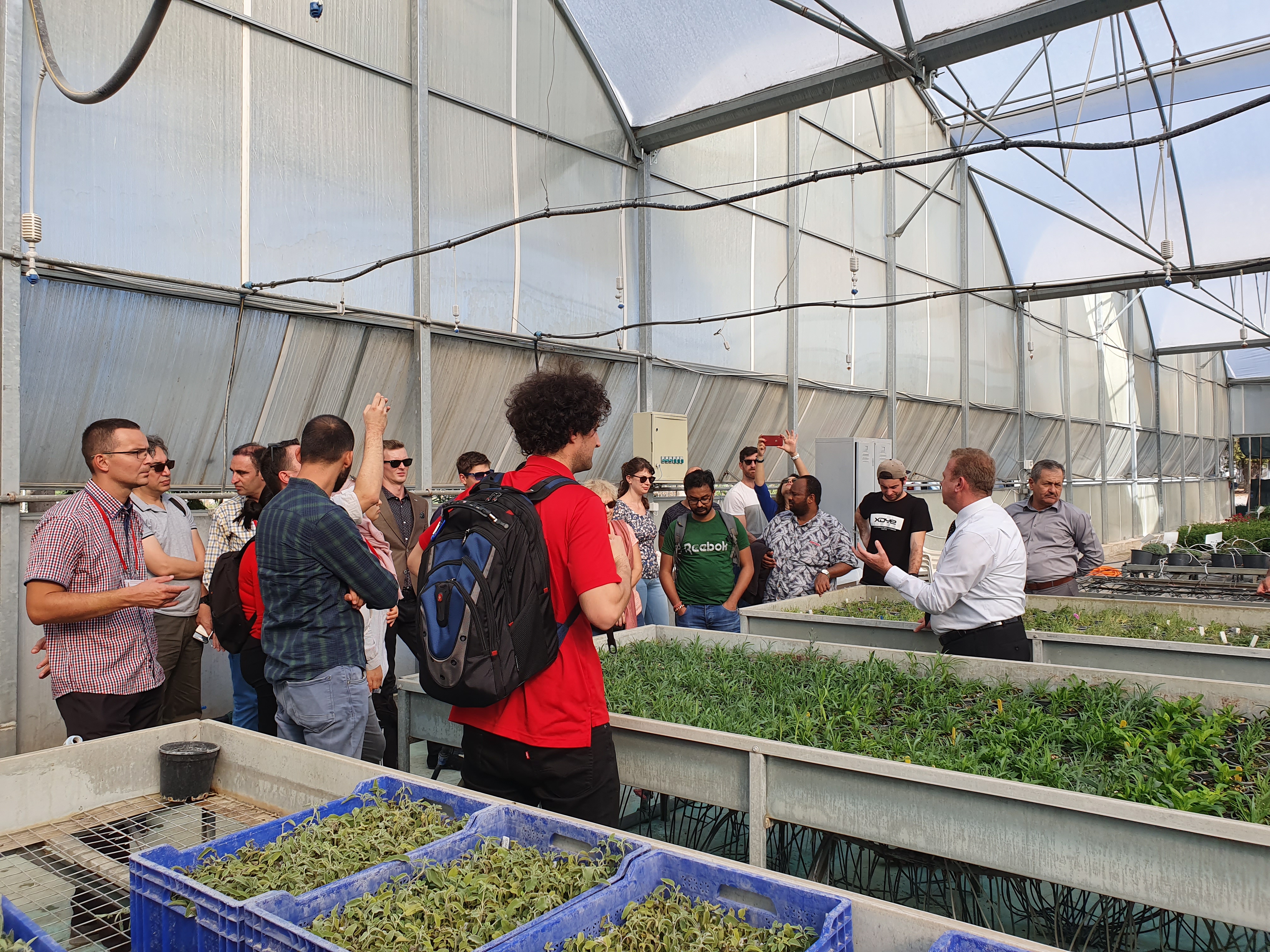
Herbicide Resistance
We will facilitate the effective management of herbicide resistance by fostering understanding, co-operation and communication between industry, government, academic and farmers.
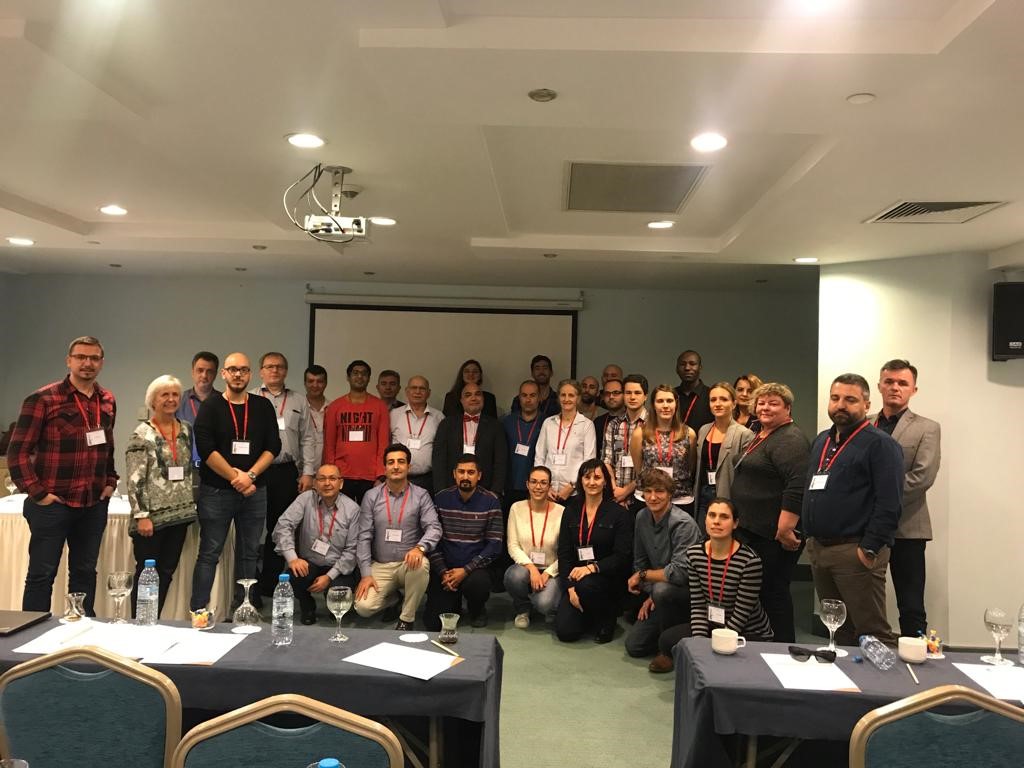
Invasive Alien Plants
Invasive Alien Plants are creating new problems worldwide as new weeds in managed and unmanaged areas as well as being among main causes of biodiversity loss. Alongside global change, new introduction of alien species are inevitable and will be bigger problem if required measures cannot be taken. In addition introductions and impacts have increased combined affect with other drivers such as climate change and disturbing habitats so on.

Physical and Cultural Weed Control
The objective of the WG is to promote international collaboration and support of research and information exchange on physical and cultural weed control. Physical and cultural weed control comprises cultural methods (e.g. crop rotation, soil tillage, mulches) and physical techniques (e.g.mechanical weed control, thermal weed control, electroweeding). Physical and cultural weed control methods are important aspects for the development of Integrated Weed Management systems with a reduced herbicide dependence. This WG addresses the development of single tactics and tools, and focusses on the combined use of these techniques in IWM approaches for sustainable agriculture in Europe. The WG organizes biannual meetings and excursions.
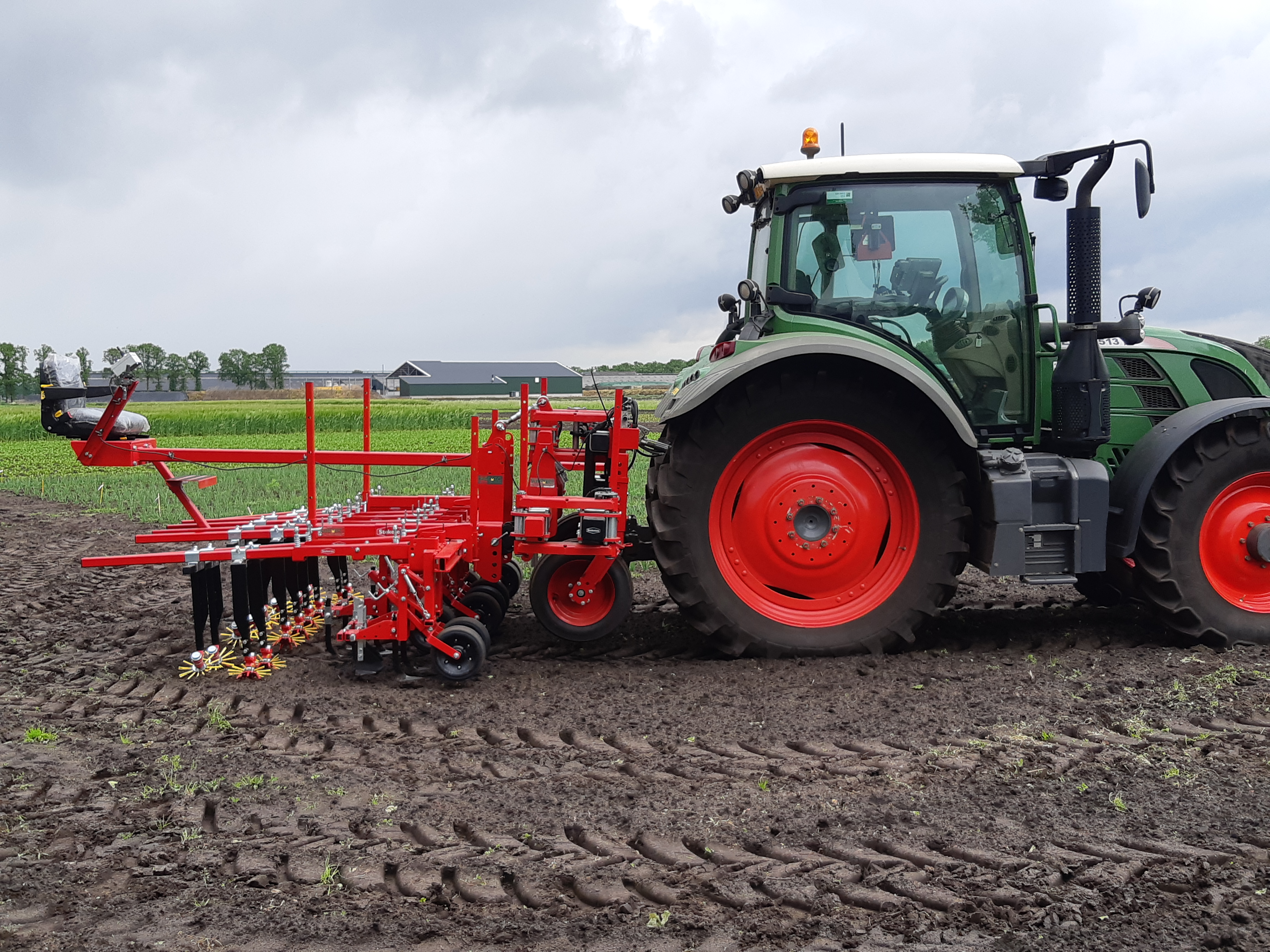
Precision Weed Management
Precision Weed Management is based on the fact that weed populations are commonly irregularly distributed within crop fields and it implies applying chemical and/or physical weed control measures only where and when they are really needed.
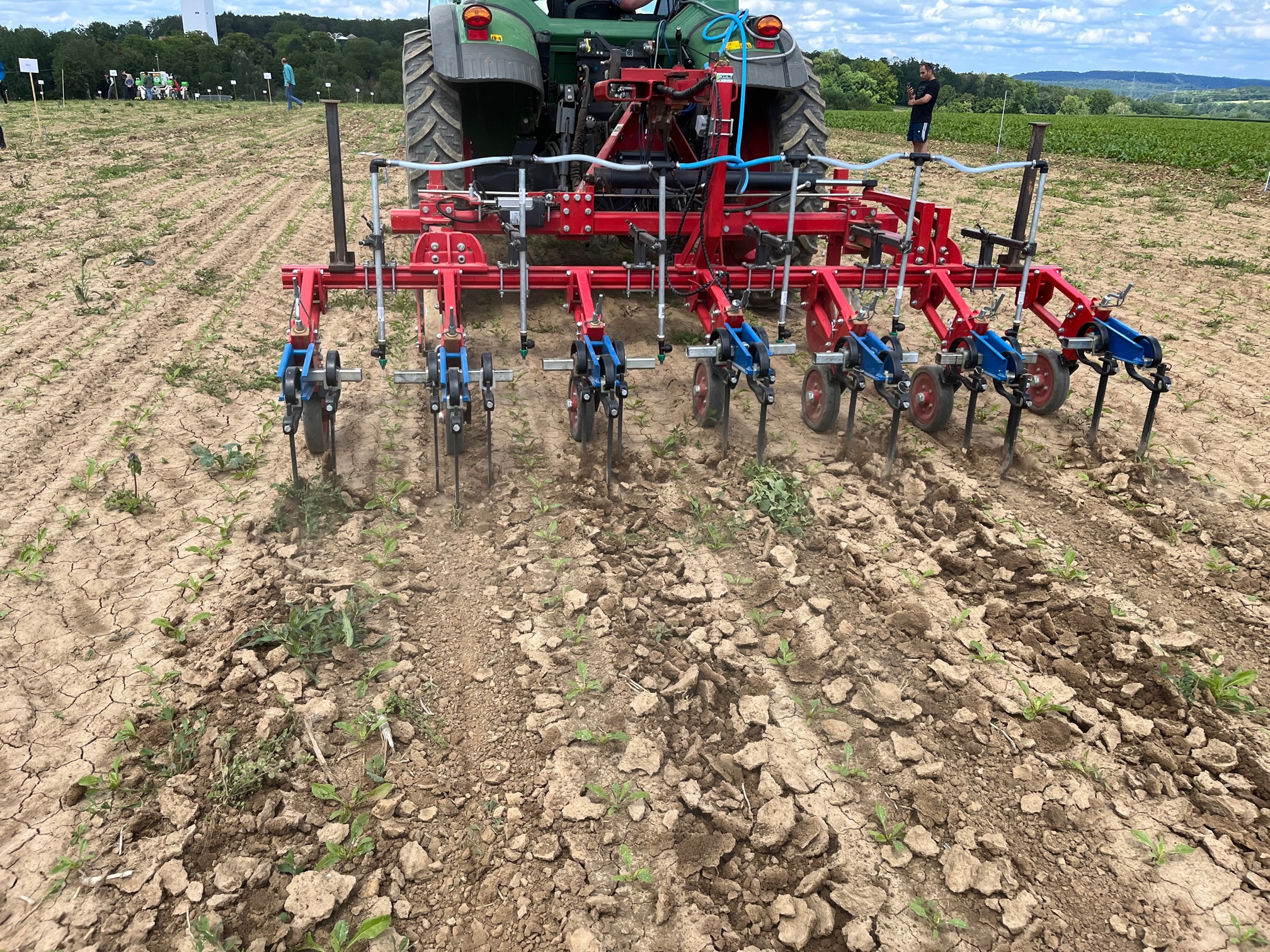
Soil Seed Bank, Germination and Early Growth
The scope of the working group is: From weed seeds enter the soil to emerged seedlings (early growth) and from formation of vegetative reproductive organs to above ground shoots are formed.
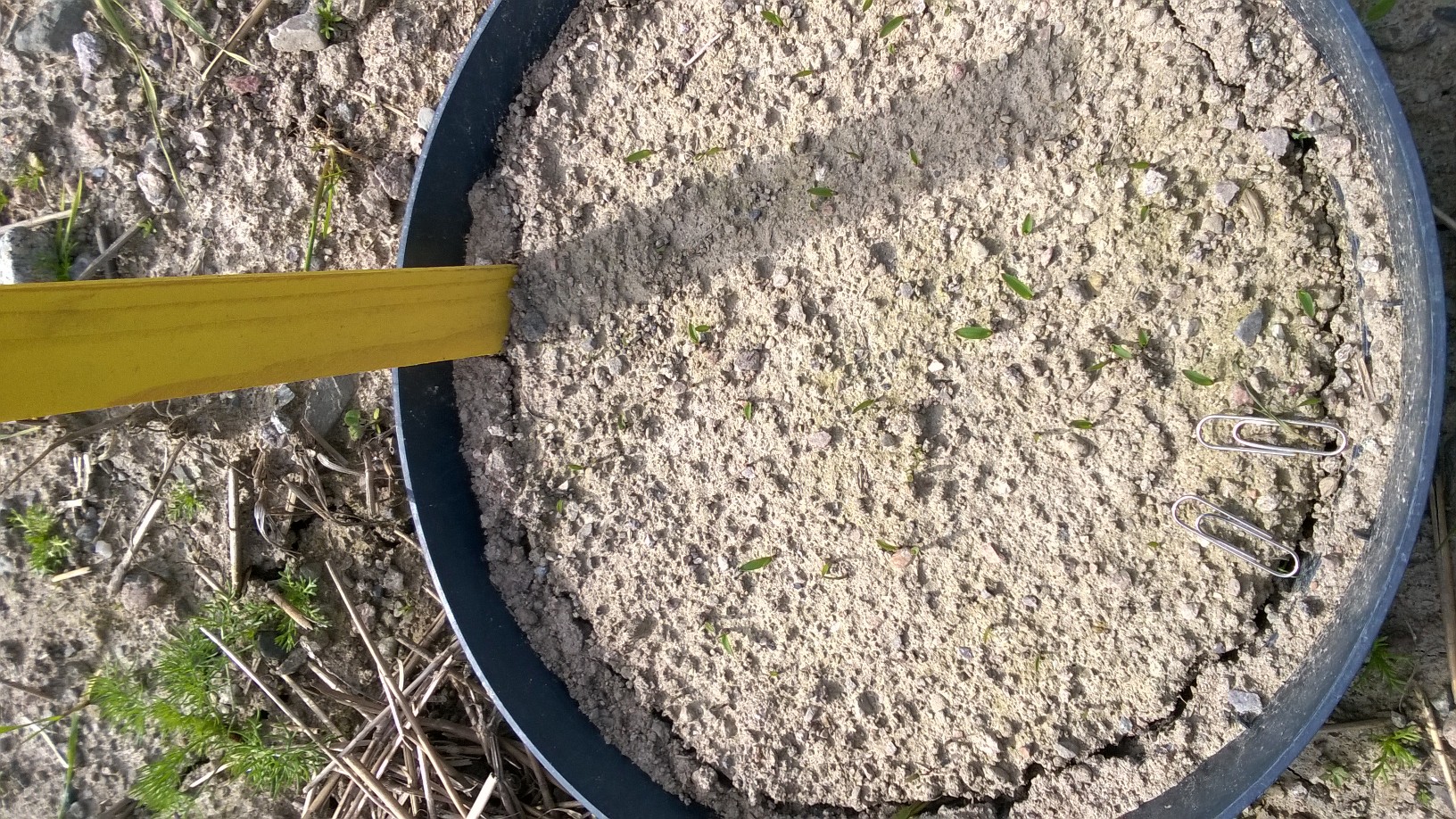
Sustainable Use of Herbicides
The objective of the WG is to promote research and exchange of information on the optimum use of herbicides in Integrated Weed Management programmes. Special attention is paid to the role of herbicide-tolerant crop varieties in IWM strategies. The WG in 2022 resulted of the merging of the former WGs 'Optimizing herbicide use in an IWM context' and 'Herebicide tolerant varieties'.
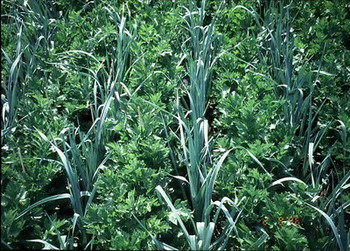
Weed Management in Mediterranean Cropping Systems
Recent climate change generated an agronomical shift towards more irrigated cropping systems in arid and semi-arid regions, leading towards shifts in weed species and biodiversity changes. As a working group, our mission is to share and promote collaborative research in order to create sustainable weed management in the arid and semi-arid countries of Europe under the projected climate change. We want to create new and improved weed management options suitable to the regional changes. The working group focuses on various cropping systems including arable and vegetable systems. The WG results of the merging of the former WGs 'Weed Management Systems in Vegetables' and 'Weed Management in arid and semi-arid climate'.
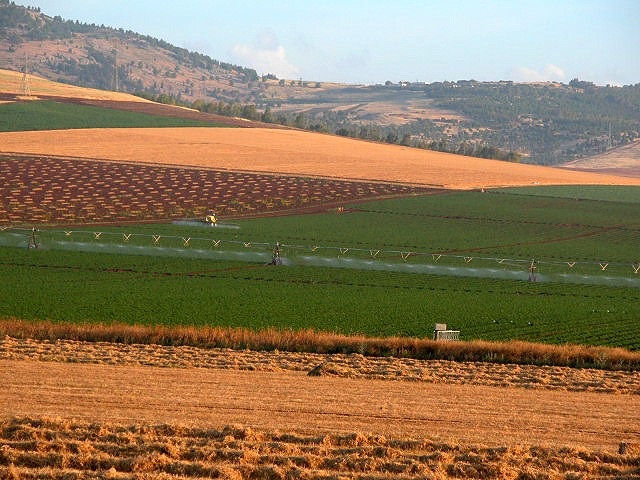
Weed Vegetation and Biodiversity
We are a group of weed scientists, agroecologists, botanists and specialists from others disciplines, who are interested in weeds from a conservation perspective, in the composition of the arable floral in response to management tools, in ecosystem services provided by weeds, and in the role of weeds in supporting food webs and the implications this has for the control of weed communities. Mapping of weed communities is an important tool to analyse weed community dynamics and design landscape wide weed management strategies. The Working Group unites since 2022 the WGs 'Weeds and Biodiversity' and 'European Weed Mapping'.
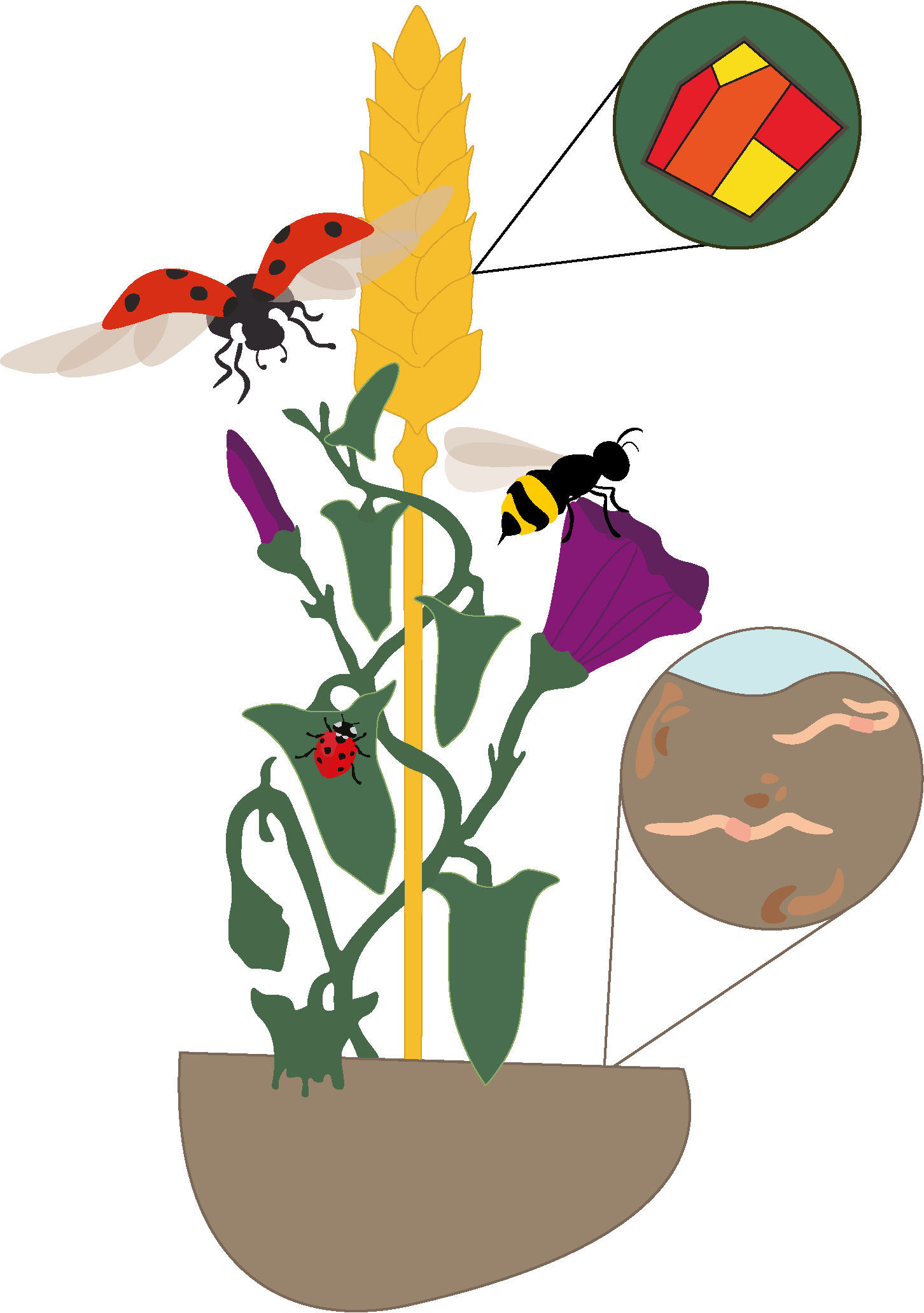

Biological Control
Biological control is based on the exploitation of natural enemies and offers an environmentally benign, sustainable and cost-effective approach for weed control. Such approach is complementary to currently omplemented control strategies and lends itself to being part of an integrated management strategy. In Europe the use of biological control in weed management has recently gathered momentum with a number of European countries actively pursuing research into and implementation of this method. Nonetheless, there is a need to raise the interest in developing biological control as a pivotal management tool against invasive weeds at the regional, national and landscape scale. This revived working group, following on from the one which formally existed until 2016, will promote biological control as an alternative weed management strategy and provide a platform for group members to collaborate on all aspects of biological weed control.
